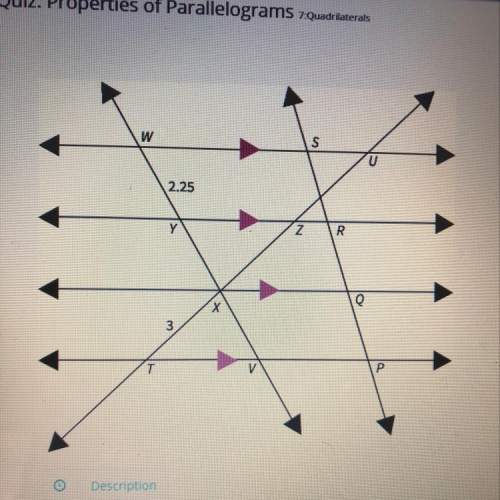
Mathematics, 20.07.2019 01:30 devenybates
Let the pmf of the population x be p(x = k) = p(1 − p) k−1 (k = 1, 2, 3, . .) with the parameter p, 0 < p < 1. (geometric distribution.) we take a sample of size n = 1. the hypothesish0 says p ≥ 0.05, whereas h1 claims p < 0.05. find a level α = 0.02 ump hypothesis test. calculate the power of the test.

Answers: 1


Other questions on the subject: Mathematics

Mathematics, 21.06.2019 19:30, jrassicworld4ever
Need now max recorded the heights of 500 male humans. he found that the heights were normally distributed around a mean of 177 centimeters. which statements about max’s data must be true? a) the median of max’s data is 250 b) more than half of the data points max recorded were 177 centimeters. c) a data point chosen at random is as likely to be above the mean as it is to be below the mean. d) every height within three standard deviations of the mean is equally likely to be chosen if a data point is selected at random.
Answers: 1

Mathematics, 21.06.2019 21:00, lunnar2003
Graph the system of inequalities presented here on your own paper, then use your graph to answer the following questions: y < 4x − 8 y is greater than or equal to negative 5 over 2 times x plus 5 part a: describe the graph of the system, including shading and the types of lines graphed. provide a description of the solution area. (6 points) part b: is the point (5, −8) included in the solution area for the system? justify your answer mathematically. (4 points)
Answers: 3

Mathematics, 21.06.2019 21:50, smithsa10630
What is the 17th term in the arithmetic sequence in which a6 is 101 and a9 is 83
Answers: 1

Mathematics, 21.06.2019 22:00, danielahalesp87vj0
18 16 11 45 33 11 33 14 18 11 what is the mode for this data set
Answers: 2
You know the right answer?
Let the pmf of the population x be p(x = k) = p(1 − p) k−1 (k = 1, 2, 3, . .) with the parameter p,...
Questions in other subjects:



Physics, 05.10.2019 06:00










